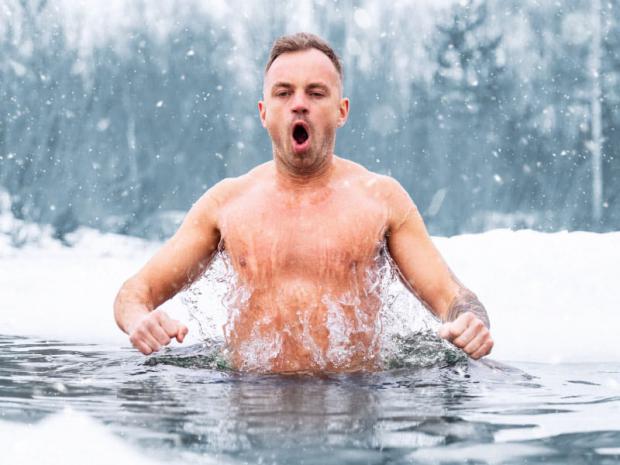
Breaking News
 Iran (So Far Away) - Official Music Video
Iran (So Far Away) - Official Music Video
 COMEX Silver: 21 Days Until 429 Million Ounces of Demand Meets 103 Million Supply. (March Crisis)
COMEX Silver: 21 Days Until 429 Million Ounces of Demand Meets 103 Million Supply. (March Crisis)
 Marjorie Taylor Greene: MAGA Was "All a Lie," "Isn't Really About America or the
Marjorie Taylor Greene: MAGA Was "All a Lie," "Isn't Really About America or the
 Why America's Two-Party System Will Never Threaten the True Political Elites
Why America's Two-Party System Will Never Threaten the True Political Elites
Top Tech News
 How underwater 3D printing could soon transform maritime construction
How underwater 3D printing could soon transform maritime construction
 Smart soldering iron packs a camera to show you what you're doing
Smart soldering iron packs a camera to show you what you're doing
 Look, no hands: Flying umbrella follows user through the rain
Look, no hands: Flying umbrella follows user through the rain
 Critical Linux Warning: 800,000 Devices Are EXPOSED
Critical Linux Warning: 800,000 Devices Are EXPOSED
 'Brave New World': IVF Company's Eugenics Tool Lets Couples Pick 'Best' Baby, Di
'Brave New World': IVF Company's Eugenics Tool Lets Couples Pick 'Best' Baby, Di
 The smartphone just fired a warning shot at the camera industry.
The smartphone just fired a warning shot at the camera industry.
 A revolutionary breakthrough in dental science is changing how we fight tooth decay
A revolutionary breakthrough in dental science is changing how we fight tooth decay
 Docan Energy "Panda": 32kWh for $2,530!
Docan Energy "Panda": 32kWh for $2,530!
 Rugged phone with multi-day battery life doubles as a 1080p projector
Rugged phone with multi-day battery life doubles as a 1080p projector
 4 Sisters Invent Electric Tractor with Mom and Dad and it's Selling in 5 Countries
4 Sisters Invent Electric Tractor with Mom and Dad and it's Selling in 5 Countries
Cold-water plunges and your health: The science is in

Cryotherapy – applying ice, cold water, or cold air to the body to promote health – has been practiced for centuries. Indeed, the more-than 3,000-year-old Edwin Smith papyrus, the oldest known surviving scientific writings on spinal injuries, refers to treating spinal trauma with cold-water immersion.
The practice of cold-water immersion certainly has its devotees. But do daily cold plunges, whether it's a cold shower, swimming in a frigid ocean, or sitting in a bathtub filled with ice cubes, really benefit health and well-being? To answer that question, researchers from the University of South Australia (UniSA) undertook the most comprehensive review and meta-analysis yet undertaken on the topic.
"Cold-water immersion has been extensively researched and used in sporting contexts to help athletes recover, but despite its growing popularity among health and well-being circles, little is known about its effects on the general population," said Tara Cain, a research assistant from UniSA's Alliance for Research in Exercise, Nutrition and Activity (ARENA) and the study's lead and corresponding author.
The researchers reviewed and analyzed 11 studies published between 2014 and 2023, comprising a total of 3,177 healthy adult participants. Ten studies looked at immersion in an ice bath or cold plunge, and one studied the effect of cold showers. Studies were only included if participants were immersed in water at or above chest level. Water temperature ranged from 7 °C to 15 °C (45 °F to 59 °F), with immersion times of at least 30 seconds up to two hours. The outcomes of particular interest to the researchers related to sleep, stress, fatigue, energy, skin health, immunity, inflammation, mental well-being, depression, anxiety, mood, concentration, and alertness or focus.
"In this study, we noted a range of time-dependent results," Cain said. "Firstly, we found that cold-water immersion could reduce stress levels, but for only about 12 hours post-exposure. We also noted that participants who took 30, 60, or 90-second cold showers [for 30 days] reported slightly higher quality of life scores. But again, after three months these effects had faded.



